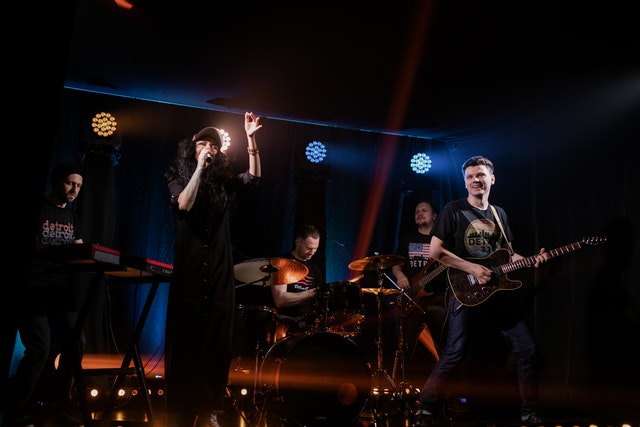Have you always thought of opera as merely a type of music? If you answered yes, you are incorrect! Opera is much more than just a singer performing a song. It is a type of theatre in which singers play great roles, and music is a central component. A lot of cooperation between the other members and a lot of hard work by the composers is placed into the performance only to transmit the notion through the acts put up on stage. This is still a basic reality that most people are aware of. To help you better understand the concept, we’ve compiled a list of unique facts about opera that few people are aware of.

The invention of the name
Though the precise meaning of opera today is associated with the theatre and a musical genre, the term was initially used to refer to a completely different activity. When discussing the work’s origins, the name opera is taken from the Latin opus, meaning “work.” This term was first used in 1939 as “soap opera” as a highly offensive phrase for midday radio programs endorsed by soap makers.
Women were not allowed to sing
Women were not afforded the same chances as men in the seventeenth century as they are today. As a result, according to societal norms, women were prohibited from singing on stage, even if it was for the shortest duration and tiniest piece. Emasculated males, or castrati, on the other hand, would sing all of the parts in a song, including soprano, alto, and mezzo. Baldassare Ferri, one of the legendary castrati, had a large fan base and people adored him for his performance.
Opera singers have a much stronger voice
If you’ve never seen a live opera performance, you’ve probably seen on TV how opera singers can break a wine glass with their voices, which is real. Opera singers are recognised for having a powerful voice with a high frequency. Even while performing alongside a band, opera singers can transmit their voices over a complete orchestra as they might sing at a separate frequency.
Claudio Monteverdi, the reason behind Venice being the Opera capital
You may have heard that Venice is the opera world’s capital, but have you ever wondered how it came to be? San Cassiano, Venice’s earliest public opera venue, opened in 1637. Claudio Monteverdi considered the “Father of Opera,” performed here, transforming the focus from dialogue-based opera to musical opera. This gave opera a new face, and as a result of Claudio Monteverdi’s experiment, Venice became renowned as the world’s opera centre.

Reactions sometimes cannot be real for an opera performance
If you go to an opera house and observe the audience booing and enjoying the performance, there’s a chance they’re not the actual audience. In the olden days, starting in France, certain opera composers would pay groups of applauders to give a positive reception to their own performance and a negative reaction to their rivals’. These practises were carried out by professional actors, who quickly demonstrated a cathartic impact, which then extended to other regions of the world.


